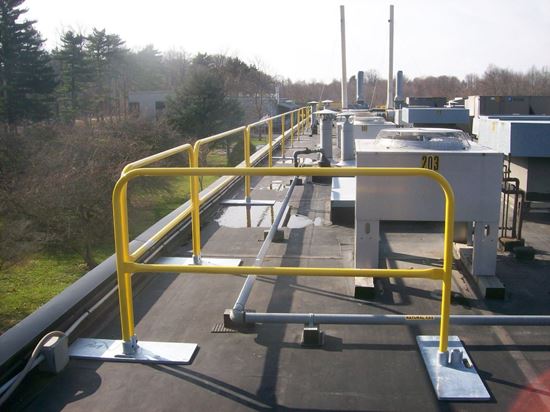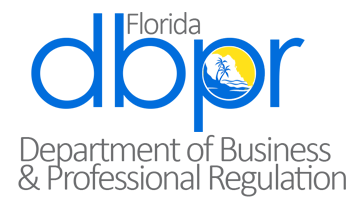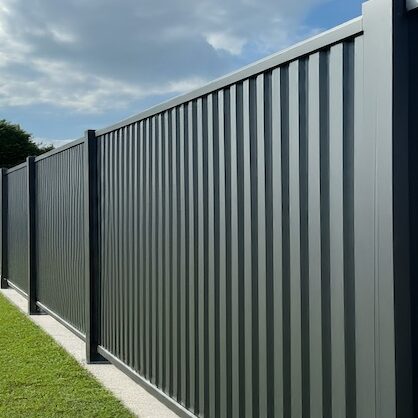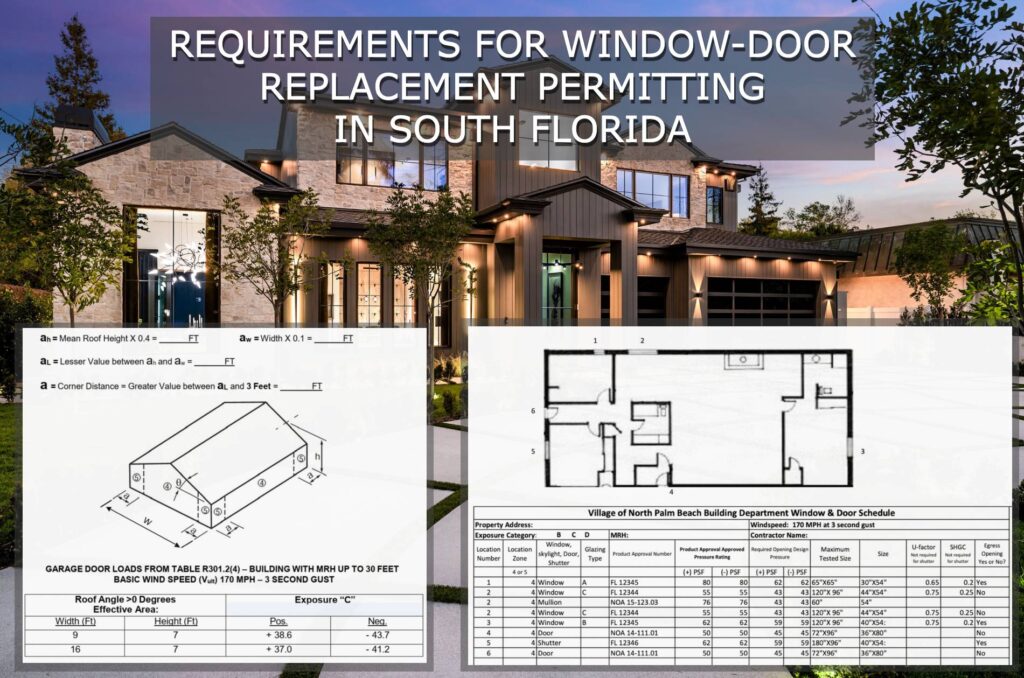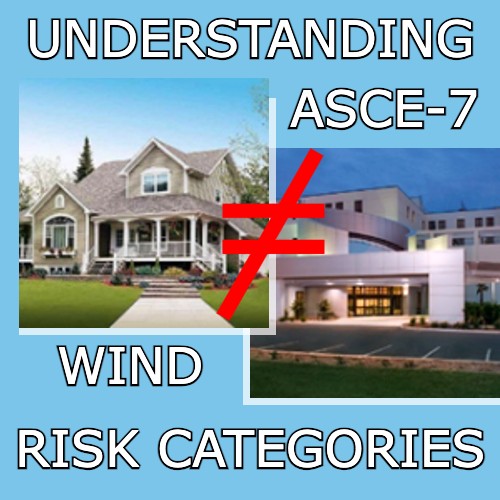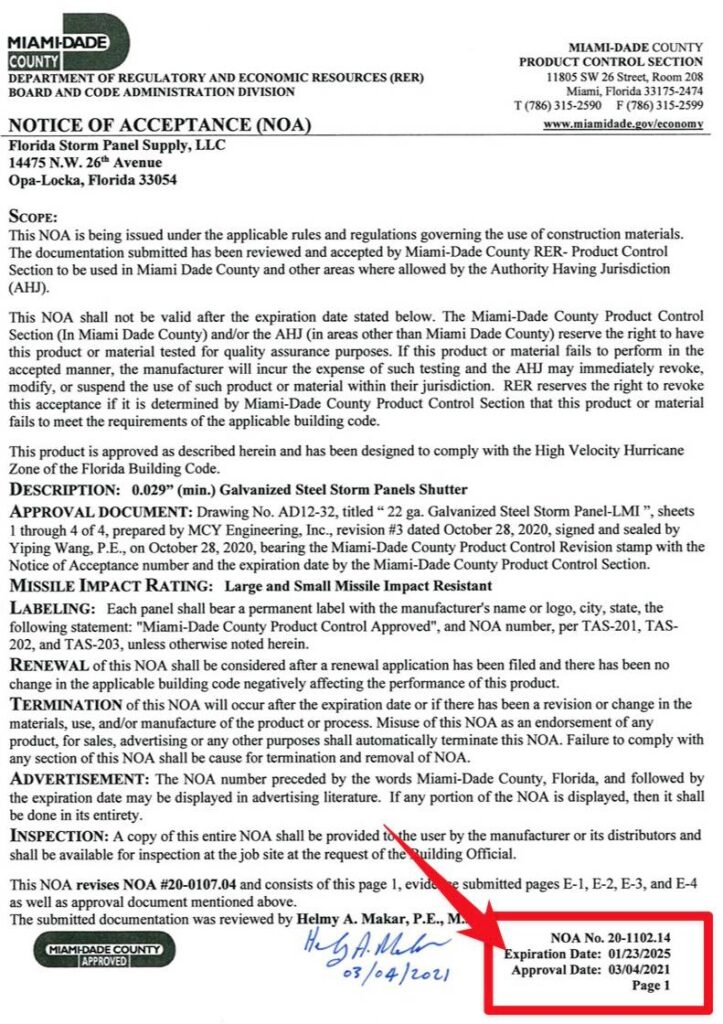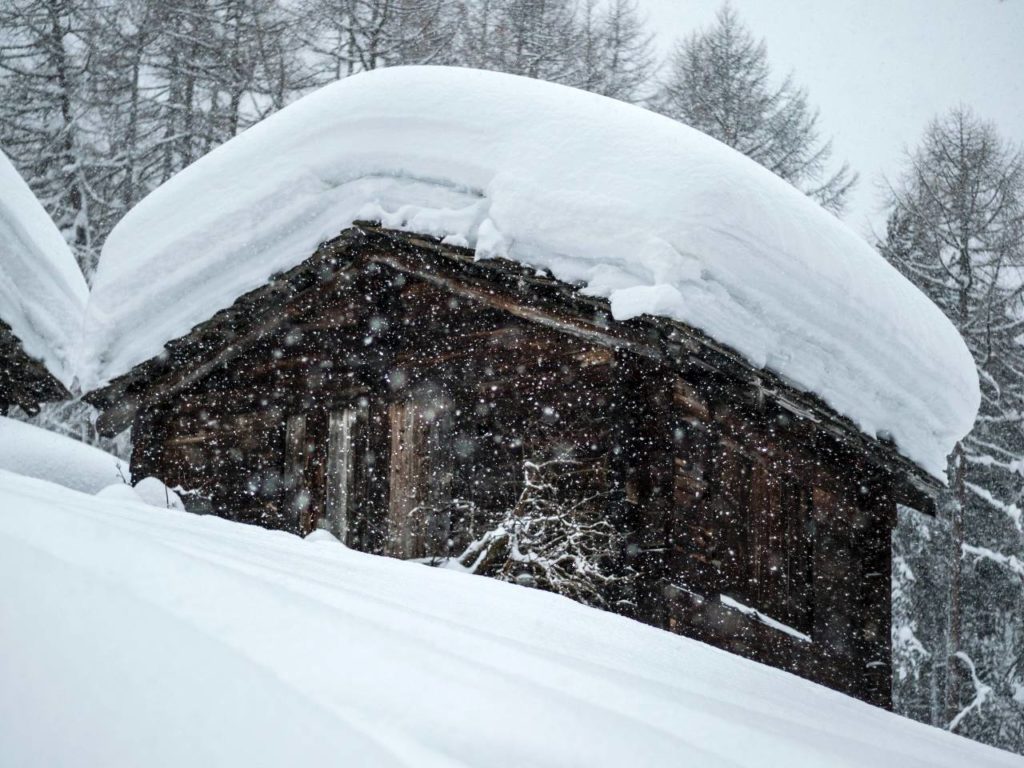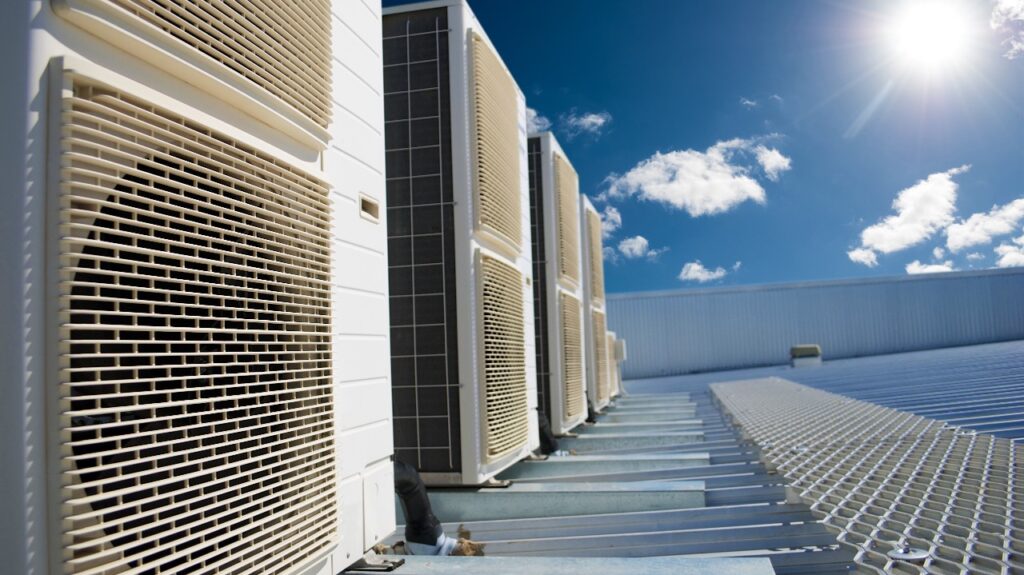FAQ: Where can I find the flood zone my house or project is in?
FEMA publishes a website that allows you to look up your flood zone by address or coordinates. Visit the site and search for your zone by clicking here or visiting https://msc.fema.gov/portal/home The site also has a full range of flood risk maps, reports, and database by city, jurisdiction, and other useful filters. Find these maps …
FAQ: Where can I find the flood zone my house or project is in? Read More »
